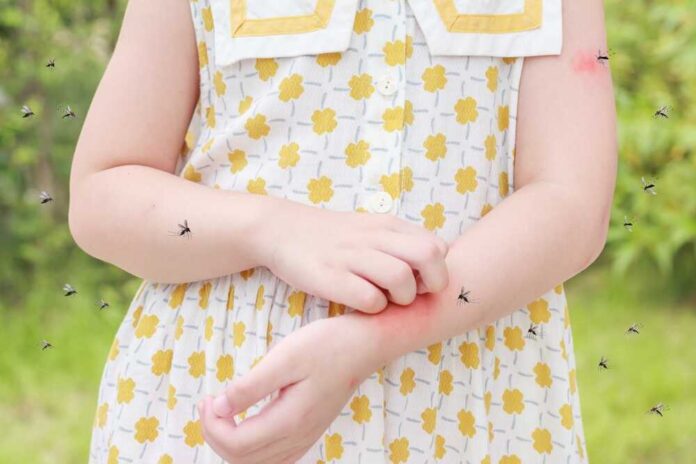
For the first time in nearly two decades, cases of locally acquired malaria have been identified in the United States, occurring in Florida and Texas.
The Centers for Disease Control and Prevention (CDC) reported on June 26, 2023 that these cases are unrelated, and there is no evidence to suggest an outbreak.
However, with summer’s arrival and international travel resuming to pre-pandemic levels, there’s a real concern that we might see a rise in imported malaria cases.
Understanding Malaria and Its Transmission
Malaria is an infectious disease caused by Plasmodium parasites, transmitted through the bites of infected Anopheles mosquitoes. These parasites multiply within the red blood cells, causing symptoms like fever, headache, muscle aches, and chills.
If not treated promptly, it can progress to severe disease, which can include mental status changes, seizures, renal failure, acute respiratory distress syndrome, and even coma or death.
Risk and Prevention in the United States
The risk of locally acquired malaria remains extremely low in the U.S., thanks to our comprehensive health system and robust mosquito control measures. Yet, Anopheles mosquitoes are found in many regions of the country and can transmit malaria if they feed on an infected person.
The key to reducing the risk of malaria and other mosquito-borne diseases lies in prevention. This includes measures like:
- Using mosquito repellent
- Wearing protective clothing
- Removing sources of standing water where mosquitoes breed
When it comes to health, vigilance is our first line of defense.
Treatment: There’s Hope and Help
If you or someone you know has a fever of unknown origin and has been in a malaria-endemic area or even in the parts of the U.S. where local transmission has occurred, it’s essential to seek medical attention immediately. Prompt diagnosis and treatment can prevent the disease from escalating to its severe form and can limit further transmission.
The choice of treatment depends on several factors, including the type of malaria, the severity of symptoms, and the patient’s overall health.
Currently, the first-line treatment for severe malaria in the U.S. is intravenous (IV) artesunate. Artemether-lumefantrine (Coartem®) and Atovaquone-proguanil (Malarone®) are also recommended options for certain types of malaria.
The Vital Role of Mosquito Control in Preventing Vector-Borne Diseases
When it comes to public health threats, it’s not just the headline-grabbing pandemics we need to worry about. Something as small as a mosquito can become a significant carrier of infectious diseases, transmitting illnesses like malaria, dengue fever, and Zika virus.
Even in our modern world, with advancements in medicine and health care, we can’t afford to underestimate these tiny creatures and their deadly potential.
This unexpected resurgence of malaria serves as a stark reminder that our public health is not confined by geographic boundaries. We should stay informed, remain vigilant about disease prevention, and ensure we are ready to access prompt treatment if needed.






















